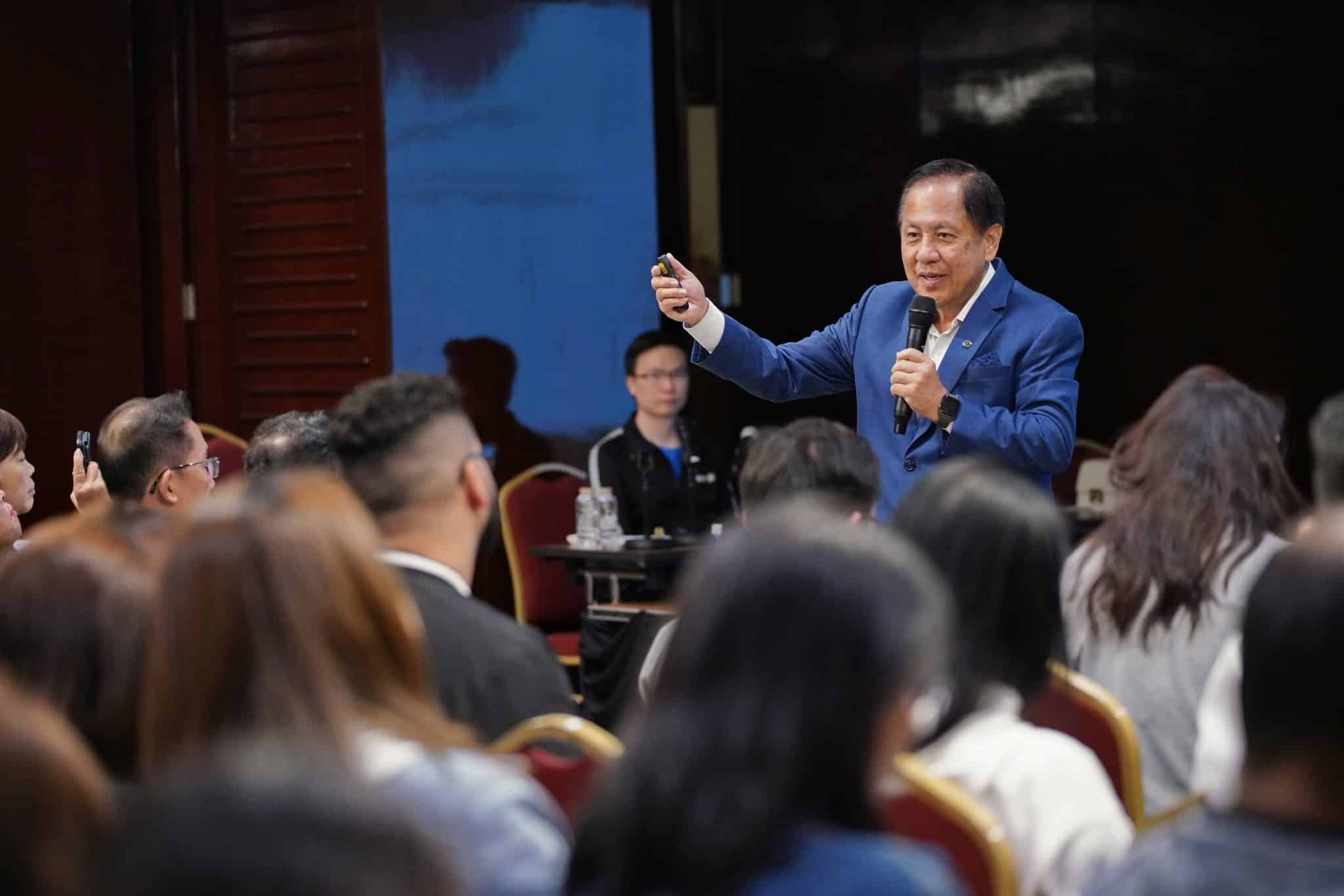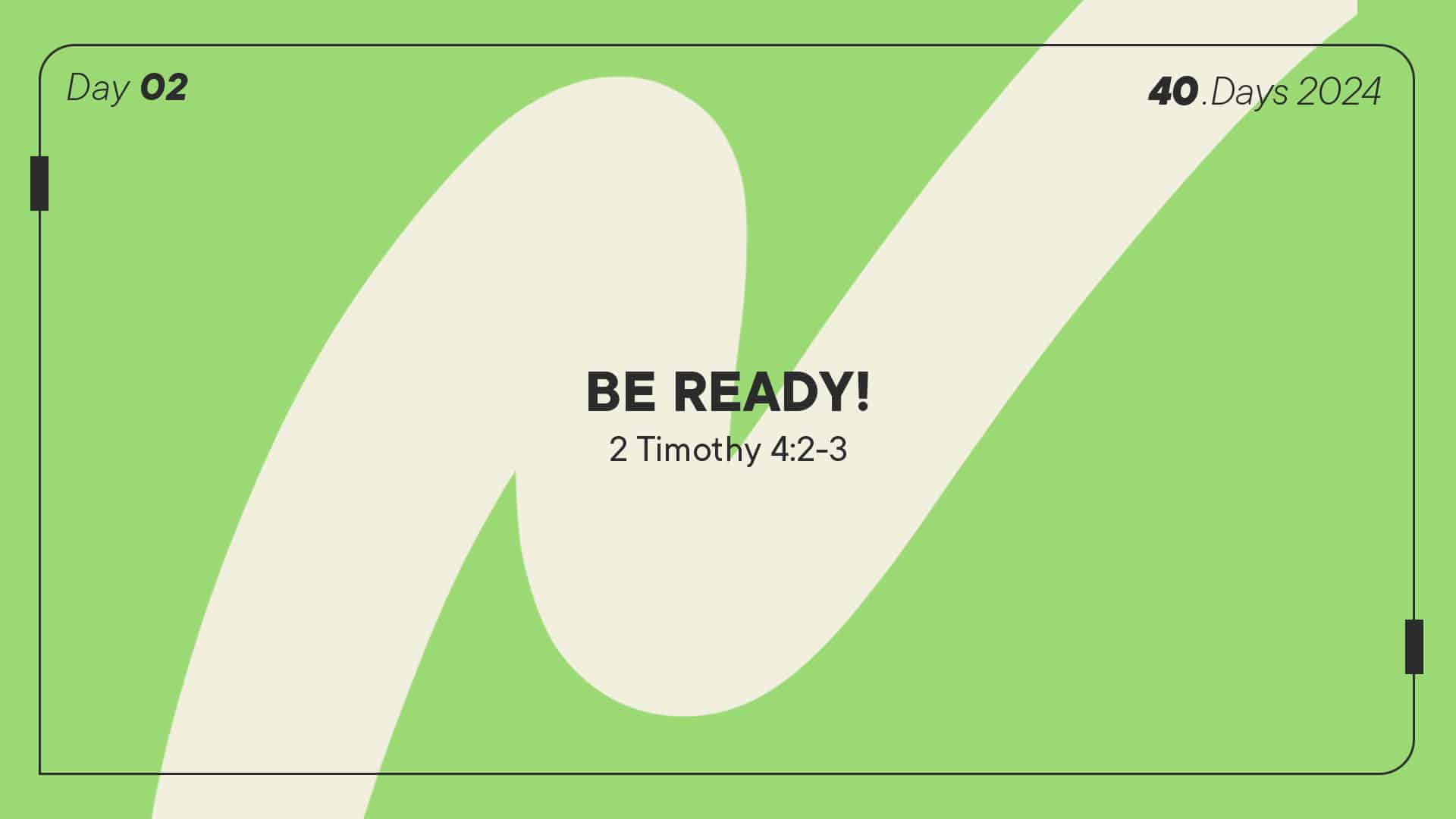Learning to accept my son’s autism: A father’s continuing journey
This April, Salt&LIght affirms persons with autism and their caregivers during Autism Acceptance Month.
Kelvin Seah // April 6, 2021, 1:56 am

Kelvin Seah, father of Caleb, who has autism, admits he daily needs God's grace, power and enabling to accept Caleb for who he is. All photos courtesy of Kelvin Seah.
“Mister Miss Fairy!”
“Carrots and potatoes,” I chimed in response to my son, Caleb.
“… with beef stew!” shouted Caleb’s older brother.
These are words my sons and I say to each other whenever Caleb is upset, feels threatened, or thinks he’s in trouble. To diffuse the situation and reassure him, I respond with my script of “carrots and potatoes”, and his brother finishes the routine “with beef stew”.
These words have no meaning. But to my 10-year-old, it’s how he expresses his disquiet over volatile situations, and how we let him know all’s good.
Welcome to life with my autistic son!
On a tangent
An unavoidable reality in the world of someone with autism is this: He or she will often be tangential in social conversations and settings. How “tangential” will depend on the autism’s severity.
People with autism frequently don’t get jokes, especially insider ones. They also won’t reciprocate or engage in protracted conversations over various topics, or even a single topic. Especially if it is a topic they are indifferent to.
At a party, don’t look to them to break the ice or be its life. Even if it’s their own party!

Kelvin and Shaw Hui (left) waited many years before Jaedon, their eldest, was born. When their second son, Caleb, was diagnosed to be on the autism spectrum, they struggled with the news.
I’ve lost count of how often I’ve tried to engage Caleb in conversations about everyday things. Even now that he’s 10, he still doesn’t quite converse.
A good example would be our road trips.
Late parenting. Autism diagnosis. Educational redirection. It just felt like a triple whammy.
As we travel from place to place, I talk to him about sights and sounds around us (plane in the sky, tree-lined boulevards, other vehicles on the road). However, he always returns to talking about road signs, road works, coaches and buses (land transport being his favourite topic).
Even when not on the road, say during meal times, he would repeat things he heard from Google Maps, or make up pretend road accidents that take place somewhere in Singapore. He’s like a radio traffic announcer!
These are some of the many things I’ve come to learn about his “socially different” communication skills since he was young, and especially after his official autism diagnosis.
It was a tough diagnosis to swallow for any parent, and it was difficult for us.
We had waited over a decade after marriage for Caleb’s arrival.
We had to make the difficult decision to send him to a special needs primary school instead of a mainstream one.

Making the decision to send Caleb to a special needs school instead of a regular primary school was an extremely tough decision, recalls Kelvin.
Late parenting. Autism diagnosis. Educational redirection.
It just felt like a triple whammy.
Identifying with Abraham
For the longest time I questioned God: Why?
I daily need God’s grace, power and enabling to accept Caleb for who he is.
I wondered if Abraham felt the despair I did, and still do. All those childless years before Isaac came along. Abraham must have understood how that felt. And he must have rejoiced like I did when the pregnancy finally happened.
Many times over the 10 years it took me to become a parent, I recalled the story of Abraham and Sarah’s long journey to parenthood and I took comfort in it. Surely God understood right?
But when Caleb was diagnosed, I found myself in despair, rage and denial about this “new setback”.

Transport is Caleb’s favourite topic and things like road signs, road works, coaches and buses some of the things that the 10-year-old enjoys talking about.
So I returned to the Bible for solace. I wanted to know: Were there special needs people in the holy book?
Recently I found myself drawn back again to Abraham and Sarah’s story.
That’s when I noticed something.
What right have I to insist he “joins our world”, if I’ve not even attempted to enter his?
Was Abraham a special needs father too?
Though the next-in-line after his father, Isaac in the Book of Genesis pales in comparison to Abraham and, later on, Jacob.
Instead, what I noticed were that Isaac:
- Tamely followed his father to his execution (Genesis 22); carried all the wood up the hill for the altar fire (meaning he had to be older and stronger than my sons); and didn’t resist when Abraham tied him onto the altar to be burnt;
- Needed a go-between in order to find himself a wife (Genesis 24);
- Acted rather child-like when he declared his wife his sister to avoid possible death (Genesis 26);
- Was blind in later years (Genesis 27).
Might Isaac have been someone in the Bible with special needs too, just like my Caleb?
My speculations may be fraught with misinterpretations and potentially sacrilegious, but they have helped me cling on to hope when raising Caleb.
I hope that God understands that I daily need His grace, power and enabling to accept Caleb for who he is.

Kelvin is a full-time stay-home father to Jaedon (left) and Caleb (centre). His journey of learning to “let go and let God” is still ongoing.
I hope that Caleb will grow up to achieve his fullest potential, despite challenges he will face.
Especially when it comes to interacting with people who don’t understand his uniqueness (including myself).
Conflicting emotions
Many were the times I felt conflicted.
Do I insist Caleb answers every question, and stay engaged in conversation? He needs to demonstrate conversational skills every year during his oral exams, so surely that’s the right thing for a responsible parent to encourage, isn’t it?
For this father, the journey continues every day: To learn to let go and let God.
Studies aside, the act of holding a conversation well helps navigate many human interactions in life. Surely I’d be remiss if I didn’t help Caleb develop this key survival skill, right?
However, sometimes I just want to enjoy whatever conversations I have with my son. No matter how repetitive or boring the topic.
After all, what right have I to insist he “joins our world”, if I’ve not even attempted to enter his and understand things from his perspective?
Therein lies the Gospel message too, doesn’t it?
Why else did Jesus enter our fallen and imperfect world? Wasn’t it to connect with us first, in order to connect us back to our heavenly Father?
The journey continues
So the journey continues for this father every day. To learn to let go and let God. To cling to the hope expressed by prophet Jeremiah: “For I know the plans I have for you, plans to prosper you and not to harm you, plans to give you hope and a future.” (Jeremiah 29: 11)
If that means hearing funny lines like “Mister Miss Fairy”, then so be it.
And as I pause this month of April that celebrates people with autism, I’m glad that instead of calling this annual event the Autism “Awareness” Month, there’s a call this year to reframe it as the Autism “Acceptance” Month.
It’s what I must do daily – to accept and celebrate Caleb and others like him for how God has made them.
FOR MORE STORIES LIKE THIS:
How do Sunday Schools meaningfully include children with special needs?
We are an independent, non-profit organisation that relies on the generosity of our readers, such as yourself, to continue serving the kingdom. Every dollar donated goes directly back into our editorial coverage.
Would you consider partnering with us in our kingdom work by supporting us financially, either as a one-off donation, or a recurring pledge?
Support Salt&Light




